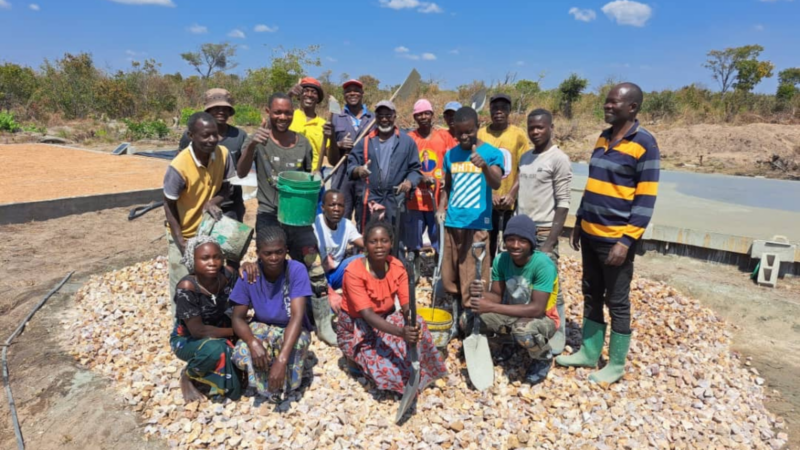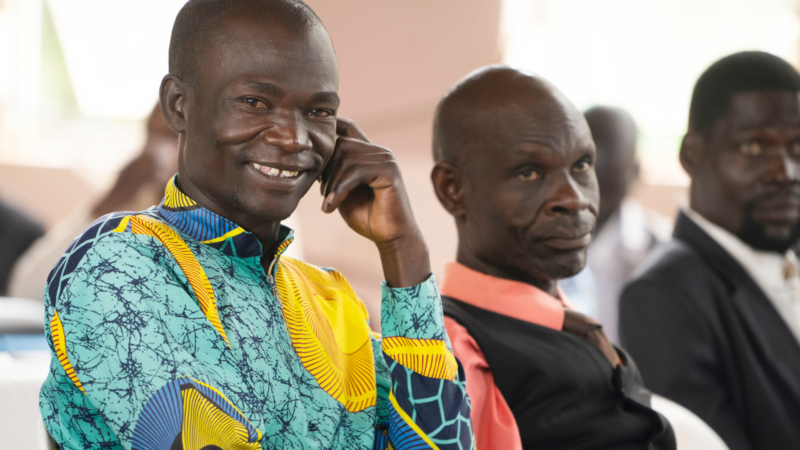With the possible exception of the Girl Scouts and their cookies, the general public doesn’t hold a very high regard for those trying to make a living by selling us stuff we don’t want, don’t need, or can’t afford.
But it’s the job of the salesperson to make the sale, which means they have to make their pitch to people who may or may not be in the market for what they are selling.
If the salesperson is convincing, he might be able to persuade me to buy something I don’t need (or want). But most of the time, he hears the message “get lost” in one way or another.
I’ve said my share of “no thank you’s” and have even reluctantly said yes to a few things I didn’t want to buy. At some point, we’ve all been presented with an offer we weren’t looking for.
Are marketers for non-profits salespeople?
As the marketing coordinator for Bright Hope, my job is to create, write, and deliver marketing campaigns. These campaigns need to inspire people to give their money to our organization, so we, in turn, can help change the lives of those living in extreme poverty.
Yet the last thing I want to do is to make you feel manipulated into making a donation you don’t want to make or feel tricked into joining a membership program you don’t want to belong to.
The challenge
So here’s my challenge—I’ve got all this knowledge of actual people living in extreme poverty around the world. I have access to their stories and their photos and many times even know their names, where they live, and about actual programs Bright Hope has in place that could turn life around for those living in poverty. But these life-changing programs take money to run, and without funding, we can’t help the people. Consequently, I’m not doing my job if I’m not asking people to help support our work.
Yet all too often, when we send an email or a letter sharing about someone and their painful story, and about a program that could literally change their life, so few will respond with a gift. Why do people delete our emails, throw away letters without even opening them, and unsubscribe from our mailing list?
I really hope it’s not because you feel like we are trying to sell you something that you don’t want.
I know you are presented with many sad things that need your support—and you can’t possibly give to them all.
If Bright Hope is new to you, we haven’t earned your trust yet. This might you might make you tentative to give.
And I’m well aware that most people don’t have a lot of extra money and might think that making a small donation isn’t going to make much of a difference, so why bother.
Please reconsider.
I could not be any more sincere in my request. People are living in abject poverty around the world. There are programs in place that can change that for them, as long as we keep them funded.
When you get a letter from Bright Hope, before hitting delete or tossing it in the trash, would you just take a minute to read the story, look at the picture and pray about the need? I know you can’t give every time, but you can pray. And give when you can—whether it be a small gift or a large one, it all adds up, and before you know it, we are changing the life of someone who will be eternally thankful.
I invite you to take a few minutes to get to know Bright Hope. On our website, you can read about the Bright Hope Promise, review our financials and read about our programs, urgent needs, and learn ways you can join us.





